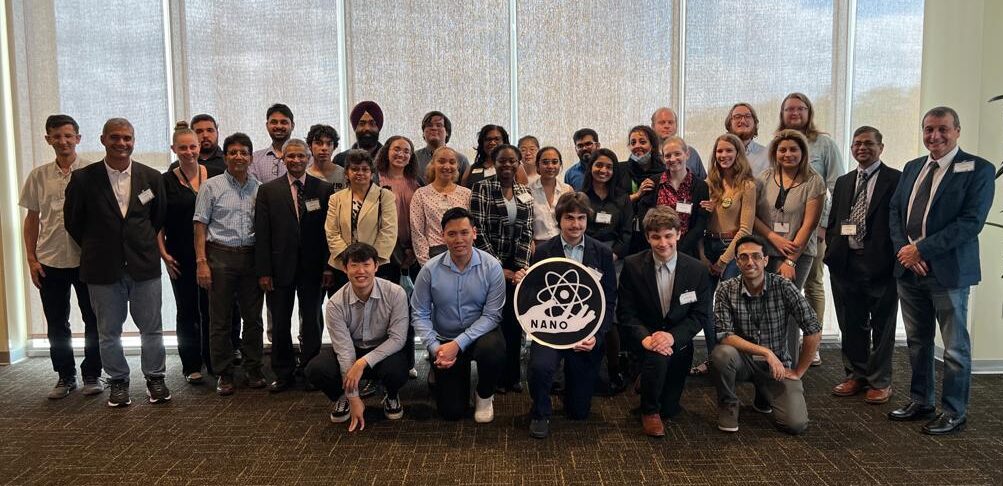On April 22-24, 2022, the University of South Florida welcomed participants and speakers to the second annual Global Nanobiotechnology Consortium (GNC) Conference. This event was conducted over 3 days and was organized by the Taneja College of Pharmacy, The Florida Association of Nanotechnology (FAN) and two student organizations; New Advancements in Nanotechnology (NANO) and Engineering Biology. With over 160 attendees, this was the first conference following the pandemic that was offered in a hybrid format. Looking back at years 2020-2022, we recall a time that brought unprecedented calamity for mankind globally, with the advent of the COVID-19 pandemic, that has affected millions globally killing hundreds of thousands of individuals.

With the acknowledgment of a dire need to innovate nano-biotech-based methods and approaches for the management of the COVID-19 pandemic this conference was created. This conference focused on the applications of nanotechnology in biomedical sciences, bioengineering, and medicine for COVID-19 pandemic. The forum’s goals were in line with one of the focus areas of biomedical engineering which is defined as “Design and validation of systems that integrate living and non-living components for improved understanding, diagnosis, monitoring, and treatment of disease or injury”. To be specific, the intent of this second conference was to provide converge regarding the thinking of global leaders of nanobiotechnology to advance the innovative solutions for their worldwide applications. A symposium was featured addressing advances in nanoelectronics, nanobiotechnology, biosensing, nano-diagnostics, nanoimaging, and other innovative areas of research and their applications in medicine, and pharmacy. Especially as it applies to the current pandemic and such possible pandemics in the future. It also provided opportunities to network with researchers from other academic institutions and the broader nanotechnology and nano pharma industry. To read more about the conference and guest speakers, read the following article, provided by USF Health Marketing and Communications.